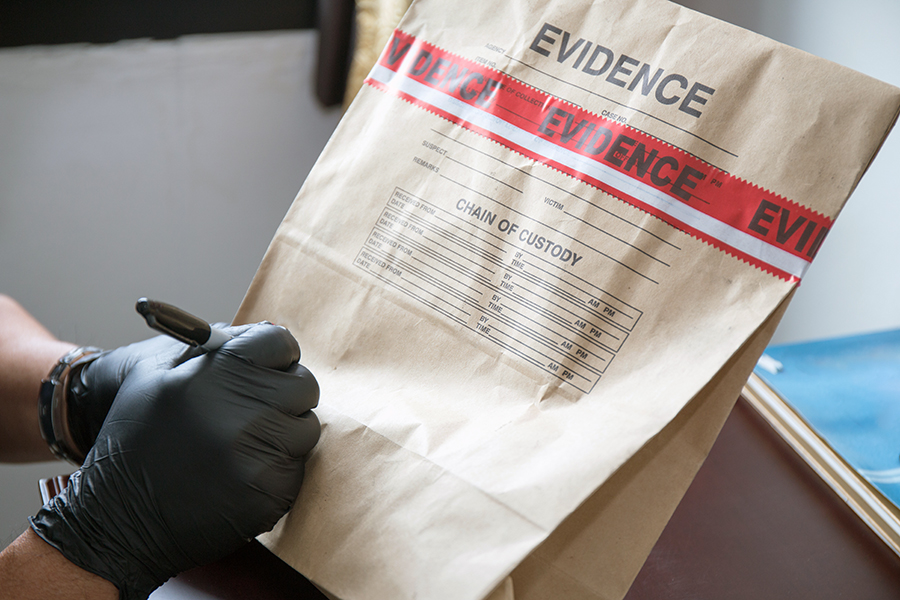
Those not familiar with the law have likely never heard of the Brady v. Maryland case. This legal precedent stands for a very important proposition in criminal procedure. Mainly, that defendants have the right to view all the prosecution's evidence prior to a trial. Thus, the Brady case is particularly relevant during the discovery stage of a case. Learn how this case impacts your ability to defend yourself against criminal charges.
Defining Discovery
The term discovery is a legal term of art. It describes the process of sharing evidence between two opposing litigants. In a criminal case, there is an expectation that the defense and prosecution will provide each other with any relevant information.
In reality, the evidence, or discovery, can encompass many different things. The most common type of discovery in a criminal case is the police report. However, it also may include video recordings, telephone calls, cell phone records or medical records. Note that this is not an exhaustive list. Discovery can consist of anything used to incriminate or defend an individual.
A Look at the Brady Case
Brady v. Maryland is a well-known case dealing with the suppression of evidence. It came before the U.S. Supreme Court in 1963. In the case, the prosecution accused two men of murder. One of the men, Brady, requested copies of the co-defendant's statements about the crime. A prosecutor gave a portion of the statements to the defense. However, the prosecution omitted a statement where the co-defendant admitted to the killing.
Later, at the trial, Brady testified in his own defense. He stated that he participated in the crime, but didn't carry out the murder. Ostensibly, due to the lack of the supporting statement, Brady was convicted of murder.
In the end, the U.S. Supreme Court held that the prosecution's omission violated Brady's 14th Amendment rights. As such, the holding in the case mandates that prosecutors turn over any evidence that is material or favorable to the defendant.
Remedies for Violations
If a Brady violation occurs, there are a few solutions to the problem. In cases where the conviction has already occurred, the court can order a new trial. If the violation is suspected before the trial, the defendant can attempt to suppress the evidence by motion. At trial, the remedy could come in the form of a jury instruction or a complete dismissal of the charges. The court's action in response to a Brady violation will depend on the unique circumstances of the case and the law in the jurisdiction.
Final Thoughts
At the heart of the criminal justice system is the goal of a fair trial. This purpose is frustrated when the jury does not get to see the case as a whole. Due to this, constitutional protections, like Brady, attempt to even out the playing field. By working with a criminal defense attorney, you'll have the best chance at zealously asserting all of your constitutional rights.
For assistance with criminal law issues in Utah, contact TR Spencer Law Office today.